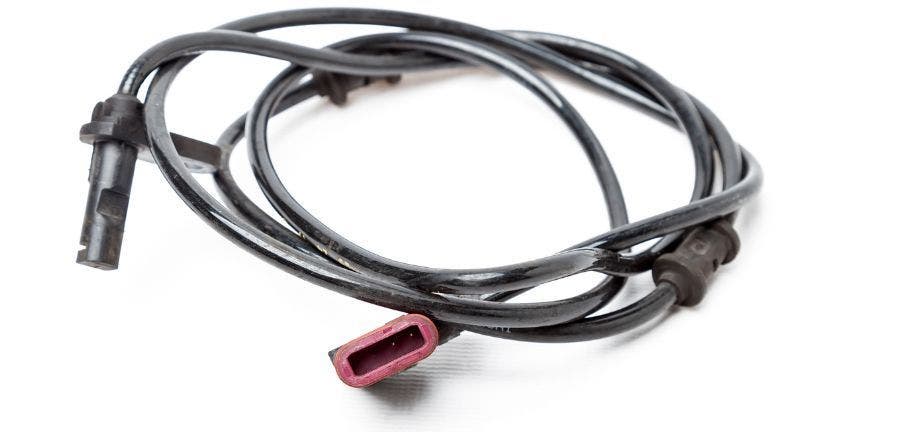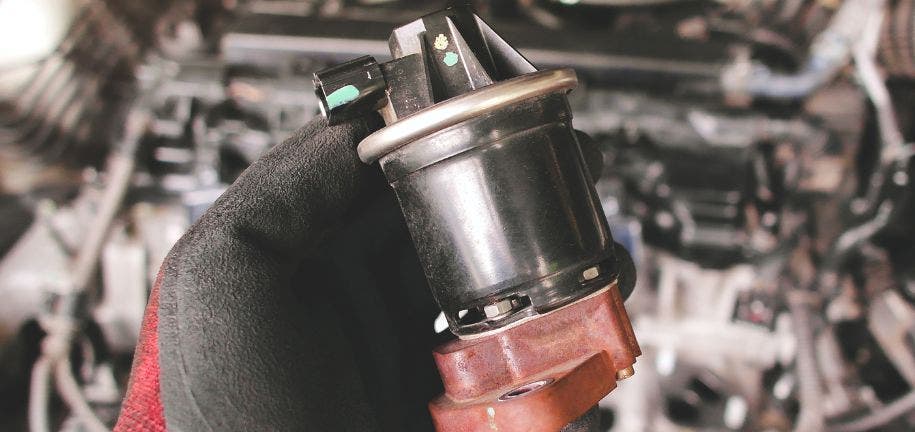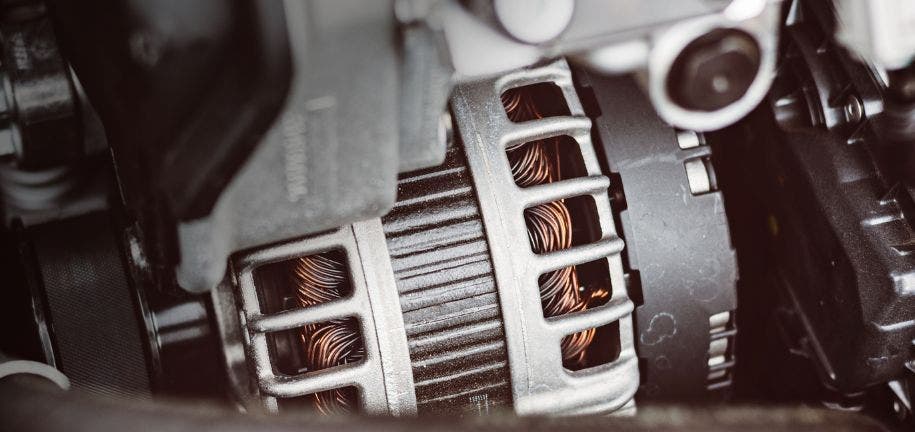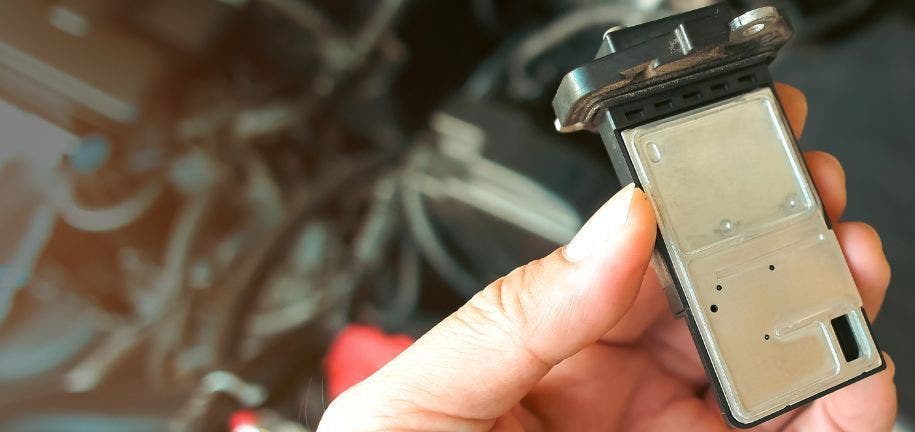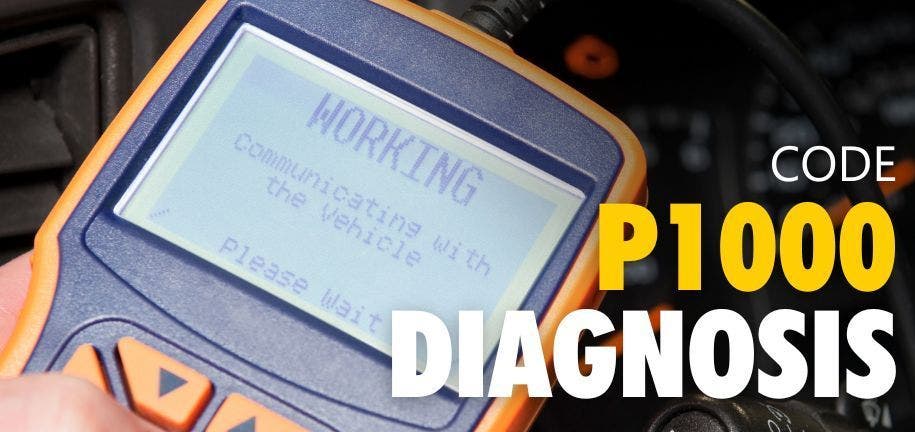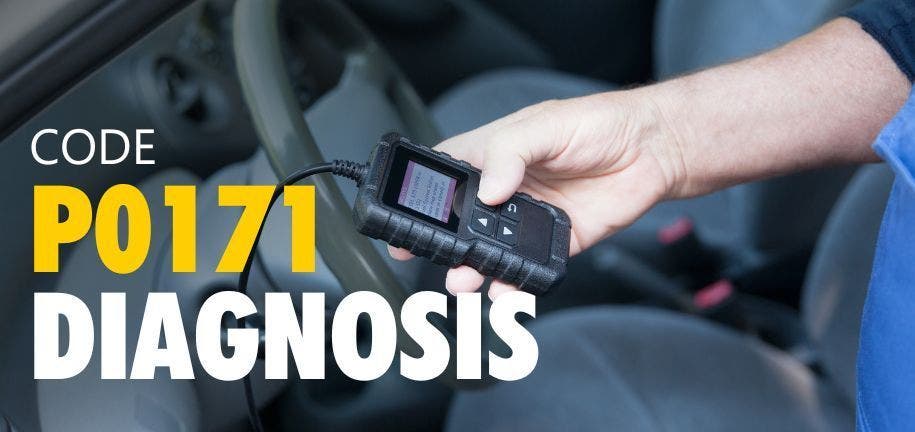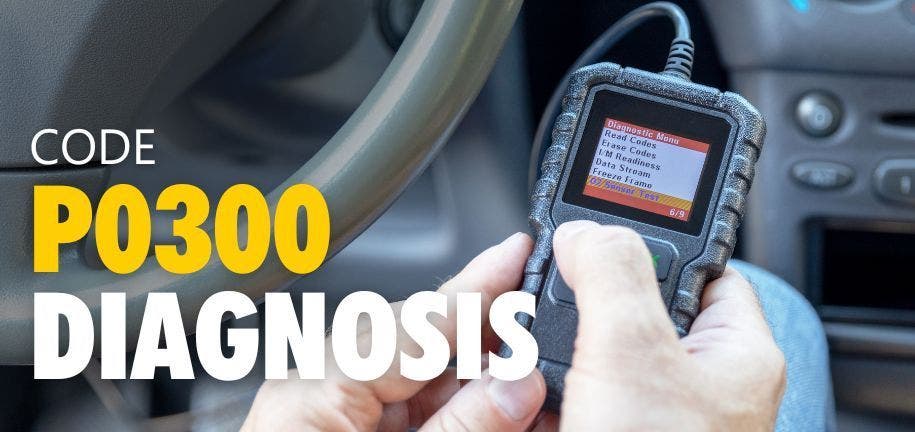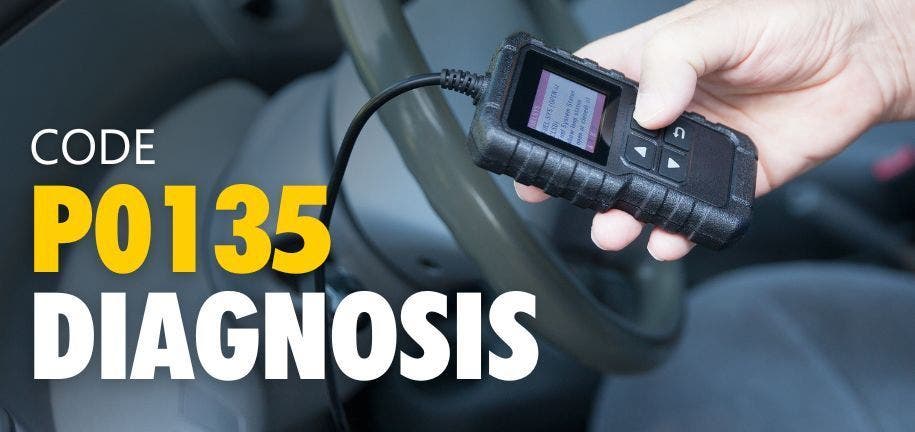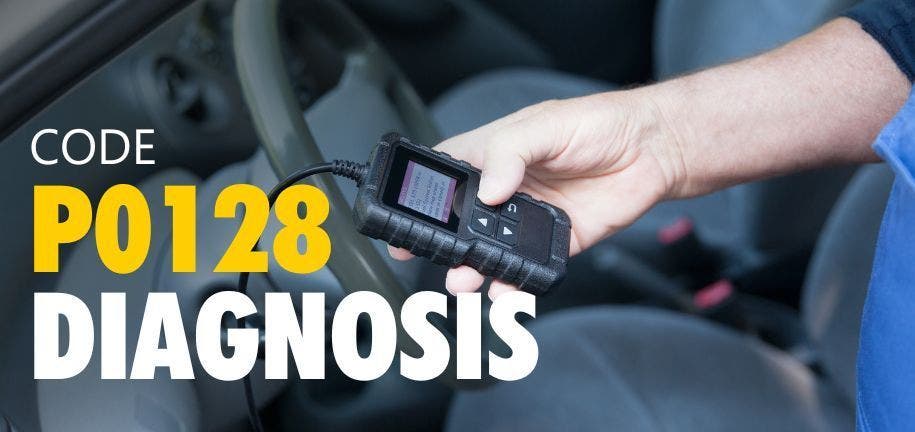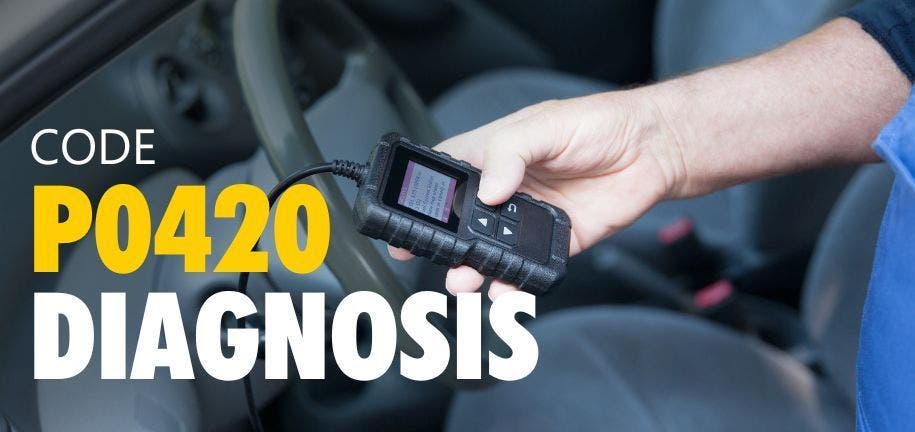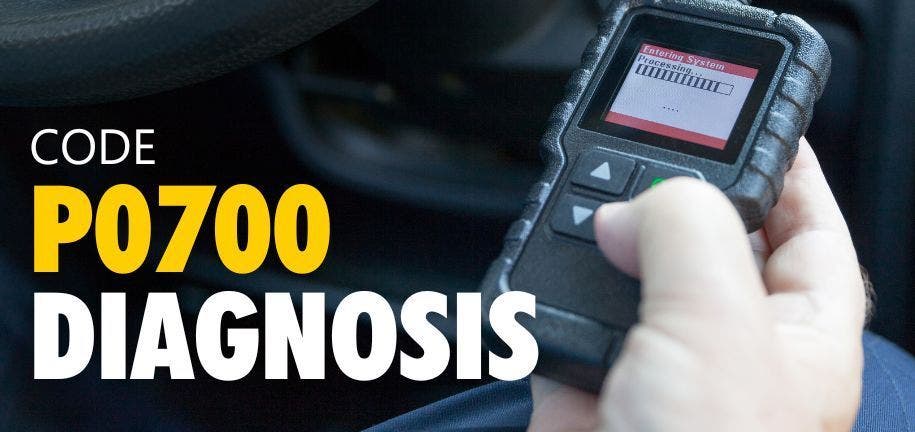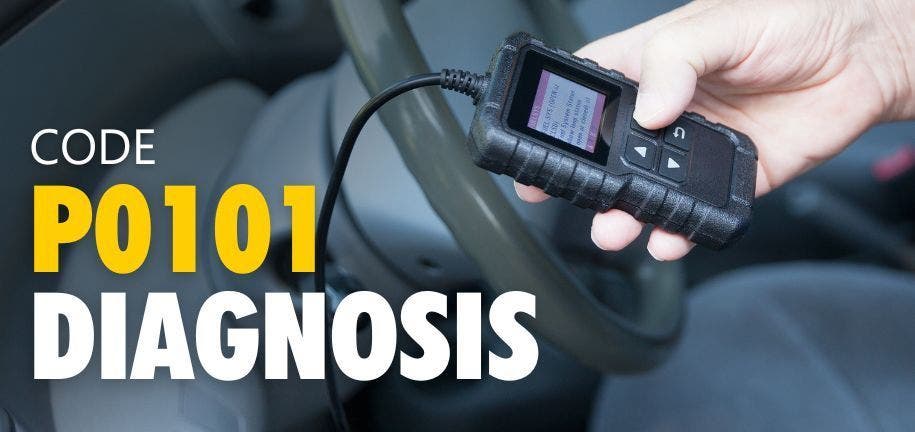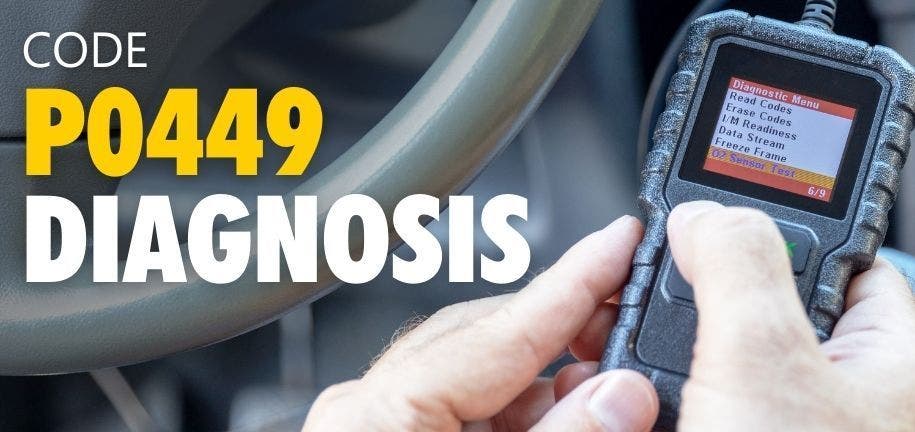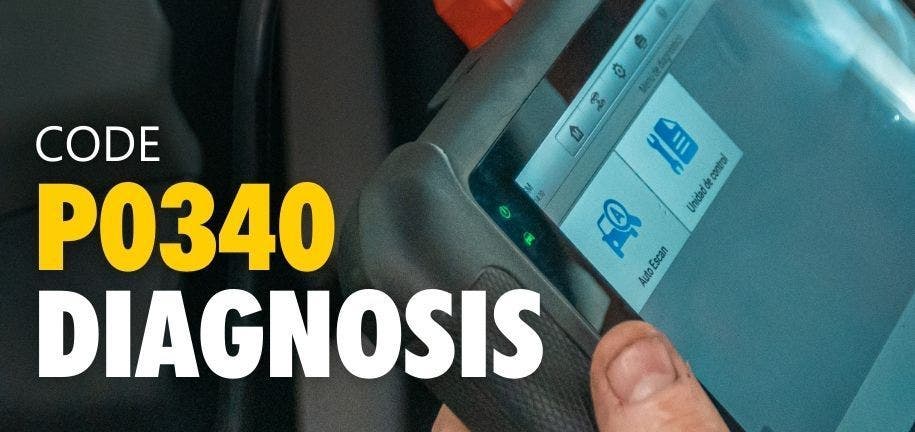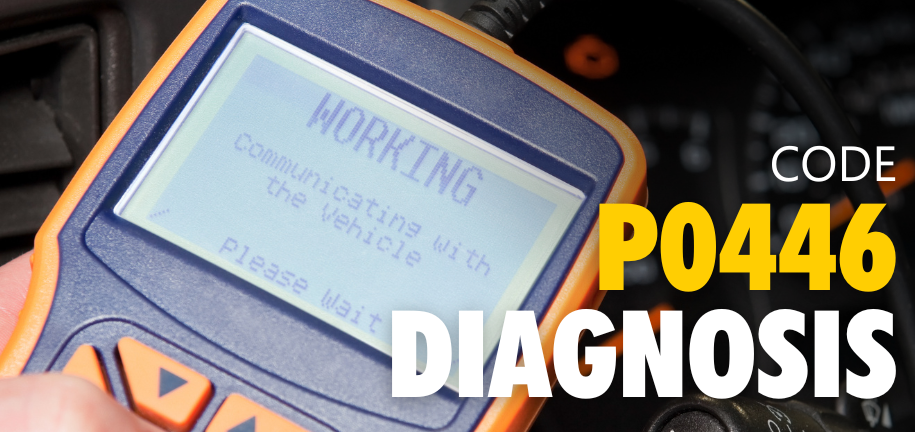The dreaded Check Engine Light flickers on, casting a shadow of uncertainty over your car's performance. Plugging in an OBD-II scanner reveals the culprit: P0301 – Cylinder 1 Misfire Detected. But what does this cryptic code mean, and how do you navigate the labyrinth of potential causes and solutions? This comprehensive guide will delve into the technical intricacies of the P0301 code, equipping you with the knowledge to diagnose and resolve this common engine issue.
What Does Code P0301 Mean?
The P0301 code signifies a misfire in the first cylinder of your engine. This translates to incomplete combustion, disrupting the rhythmic symphony of explosions that propel your car forward. The Powertrain Control Module (PCM), the car's electronic brain, detects these inconsistencies and throws the code, alerting you to a potential problem.
What is Behind Cylinder 1 Misfire?
Diagnosing a misfire requires a systematic approach, considering various factors that can disrupt the delicate combustion process. Here are the primary suspects:
-
Ignition System:
- Faulty Spark Plugs: Worn-out or fouled spark plugs can hinder proper spark generation, leading to misfires.
- Ignition Coils: Malfunctioning coils can fail to deliver the necessary high voltage to the spark plugs, causing misfires.
- Spark Plug Wires: Damaged or cracked wires can create resistance, weakening the spark and potentially causing misfires.
-
Fuel System:
- Fuel Injectors: Clogged or faulty injectors can deliver insufficient or inconsistent fuel, resulting in misfires.
- Fuel Filter: A clogged fuel filter can restrict fuel flow, leading to lean fuel mixtures and misfires.
- Fuel Pump: A failing fuel pump can't deliver sufficient fuel pressure, causing lean mixtures and misfires.
-
Engine Mechanical Issues:
-
Vacuum Leaks: Leaks in the intake manifold or vacuum hoses can introduce unmetered air, disrupting the air-fuel mixture and causing misfires.
-
Valve Problems: Worn or damaged valves can lead to compression loss, affecting combustion efficiency and potentially causing misfires.
-
Diagnosing the Villain: Tools and Techniques
Pinpointing the exact cause of the P0301 code requires a combination of tools and techniques:
- Visual Inspection: Examine spark plugs, wires, and coils for physical damage or wear. Check for fuel leaks and visible signs of vacuum leaks.
- Spark Test: Use a spark tester to verify spark strength at each cylinder, including cylinder 1.
- Fuel System Diagnosis: Check fuel pressure using a fuel pressure gauge. Consider injector cleaning or replacement if necessary.
- Compression Test: This test measures cylinder compression and can identify potential valve problems.
OBD-II Scanner Data: Advanced scanners can provide additional data points like misfire frequency and fuel trims, aiding in diagnosis


Taming the Misfire: Repair Strategies
Once you've identified the culprit, the next step is implementing the appropriate repair strategy. Here are some common solutions:
- Spark Plug Replacement: Replace worn or fouled spark plugs with high-quality replacements.
- Ignition Coil Replacement: Replace faulty coils with compatible units.
- Spark Plug Wire Repair/Replacement: Repair or replace damaged wires to ensure proper spark delivery.
- Fuel Injector Cleaning or Replacement: Clean or replace clogged injectors to restore proper fuel delivery.
- Fuel Filter Replacement: Replace the fuel filter with a new one to ensure adequate fuel flow.
- Vacuum Leak Repair: Seal any vacuum leaks to restore proper air-fuel mixture.
- Valve Repair/Replacement: If necessary, seek professional assistance to address valve issues.
Remember: Attempting complex repairs without proper knowledge and tools can lead to further damage. If you're unsure about any procedure, consult a qualified mechanic.
Beyond the Repair: Preventive Measures
To prevent future P0301 occurrences, consider these preventive measures:
- Regular Maintenance: Follow the recommended maintenance schedule for spark plug changes, fuel system cleaning, and air filter replacements.
- High-Quality Fuel: Use high-quality fuel to minimize injector clogging and improve combustion efficiency.
- Avoidance of Extreme Conditions: Limit driving in extreme temperatures or dusty environments, which can stress the engine and fuel system.
P0301 (Honda, Chevy, Ford)
Here's a breakdown of some key points to remember for each brand:
Honda:
- Frequent Culprits: Faulty ignition coils, clogged fuel injectors, vacuum leaks in the intake manifold.
- Model-Specific Issues: Check for known issues related to your specific Honda model (e.g., Civic ignition coils, Accord fuel injectors, CR-V intake manifold leaks).
Chevy:
- Frequent Culprits: Faulty spark plugs, dirty fuel filters, vacuum leaks in the intake hoses.
- Model-Specific Issues: Check for known issues related to your specific Chevy model (e.g., Malibu spark plug wires, Cruze fuel injectors, Silverado throttle body gasket leaks).
Ford:
- Frequent Culprits: Faulty spark plugs, clogged fuel injectors, vacuum leaks in the PCV system.
- Model-Specific Issues: Check for known issues related to your specific Ford model (e.g., Focus direct injection injectors, Escape ignition coils, F-150 spark plug blowouts).
PartsHawk to the Rescue!
Conquering the P0301 code requires the right parts, and that's where PartsHawk comes in. Their extensive online catalog offers a wide range of genuine and aftermarket parts for Honda, Chevy, and Ford vehicles, ensuring you find the perfect match for your specific needs. Their competitive prices, expert advice, and convenient online ordering make the process hassle-free.





